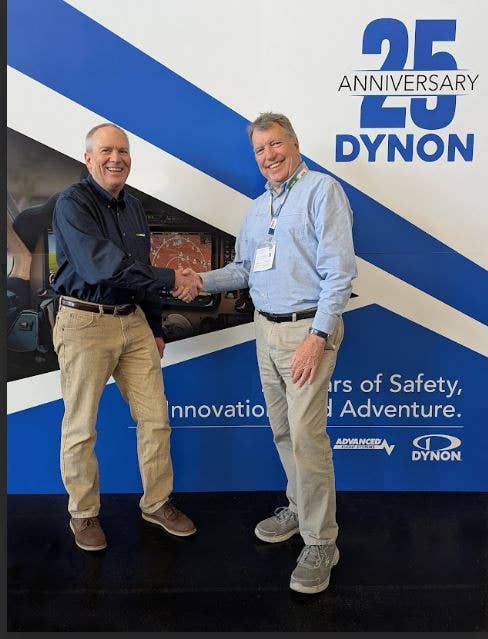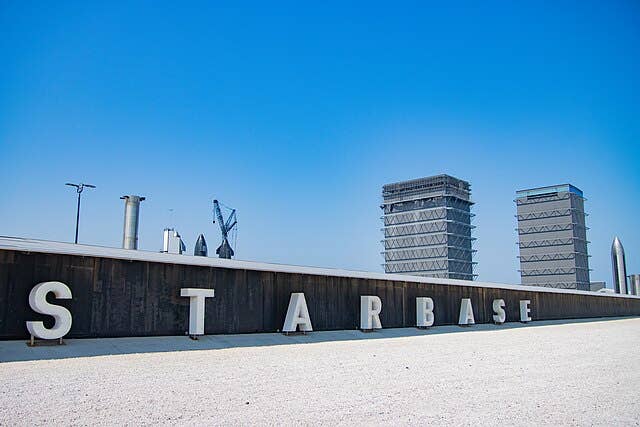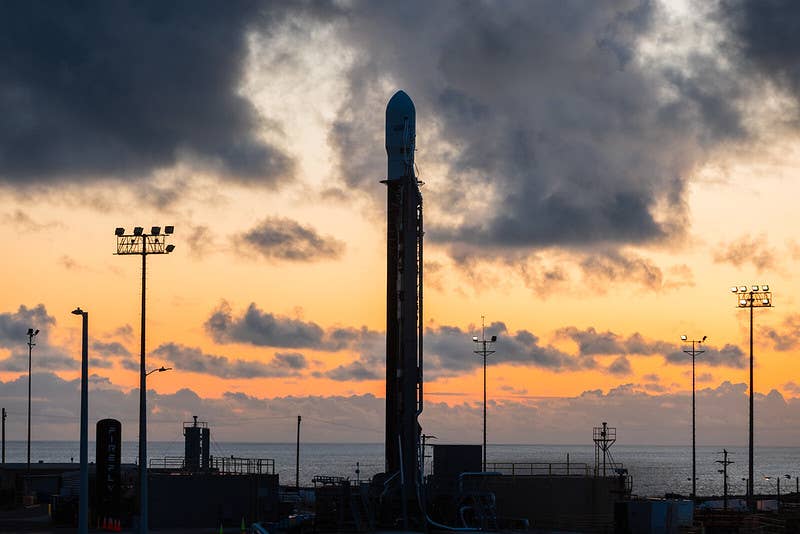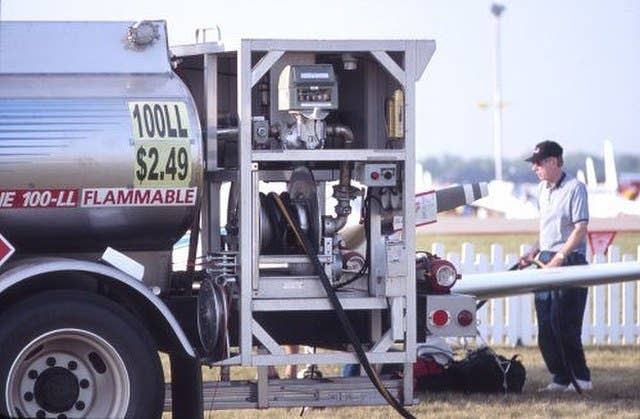FAA Warns Customers Away From Aircraft Ride Share Apps
The FAA is warning potential customers of aviation ride sharing apps likened to “Uber for airplanes,” that their trip might not meet the normal standards for fly-for-hire journeys. “If you…
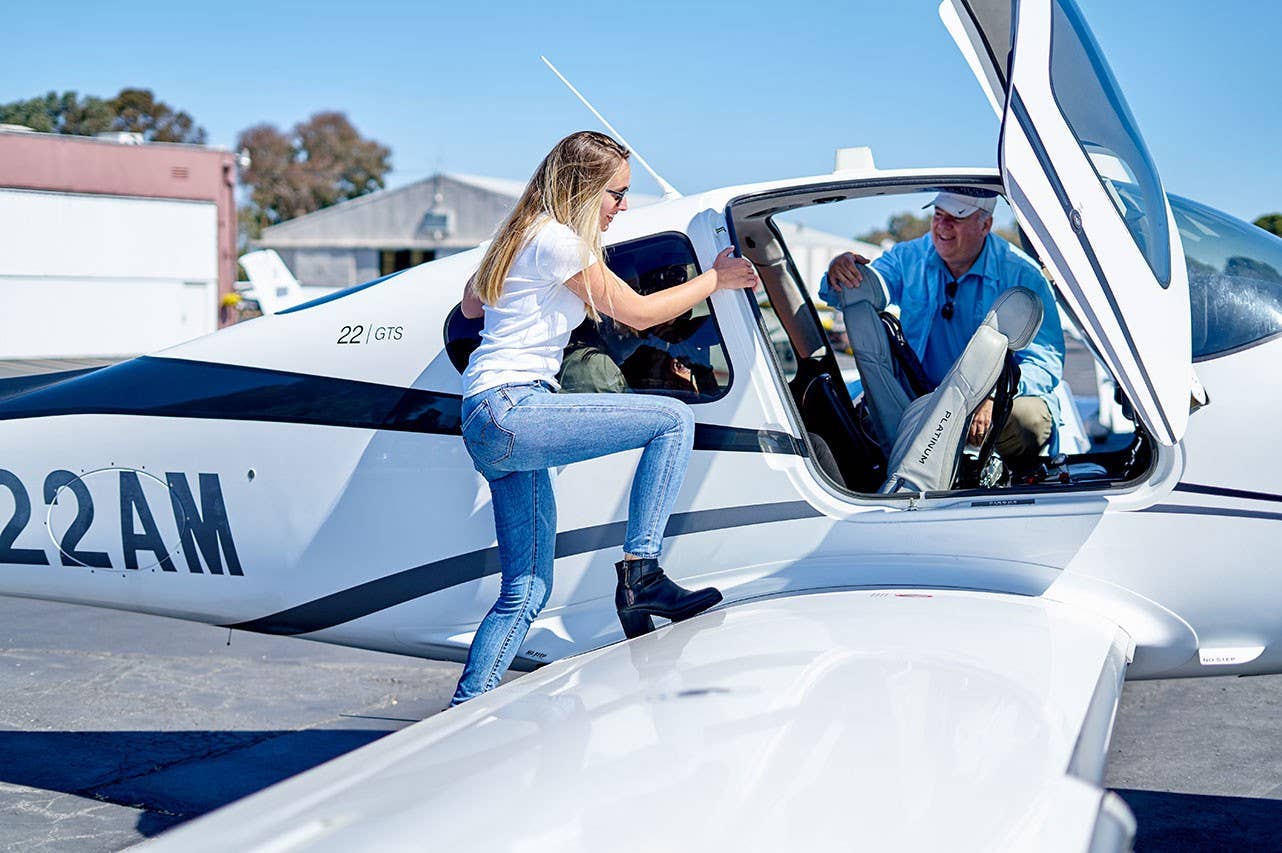
The FAA is warning potential customers of aviation ride sharing apps likened to “Uber for airplanes,” that their trip might not meet the normal standards for fly-for-hire journeys. “If you pay for a charter flight you are entitled to a higher level of safety than is required from a free flight from a friend,” the agency said in an unusually pointed public statement. “Among other things, pilots who transport paying passengers must have the required qualifications and training, are subject to random drug and alcohol testing, and the aircraft used must be maintained to the high standards that the FAA’s charter regulations require.” At the same time it sent a letter to San Francisco-based BlackBird saying that its pilots must meet the terms of Part 119 operations.
Throughout its website promotion material and its legal fine print, BlackBird insists that it is not an air carrier by matching passengers with available seats or aircraft. The FAA isn’t buying it, however, particularly when it comes to its stable of pilots. “We have little trouble concluding that the pilots listed on BlackBird’s pilot database selected by the user are transporting persons or property, from place to place, for compensation. Despite BlackBird’s assertion that the pilots are not transporting persons or property, it is clear that they are being hired for that very purpose." BlackBird did not immediately respond to an email request for comment and its website remains active.


